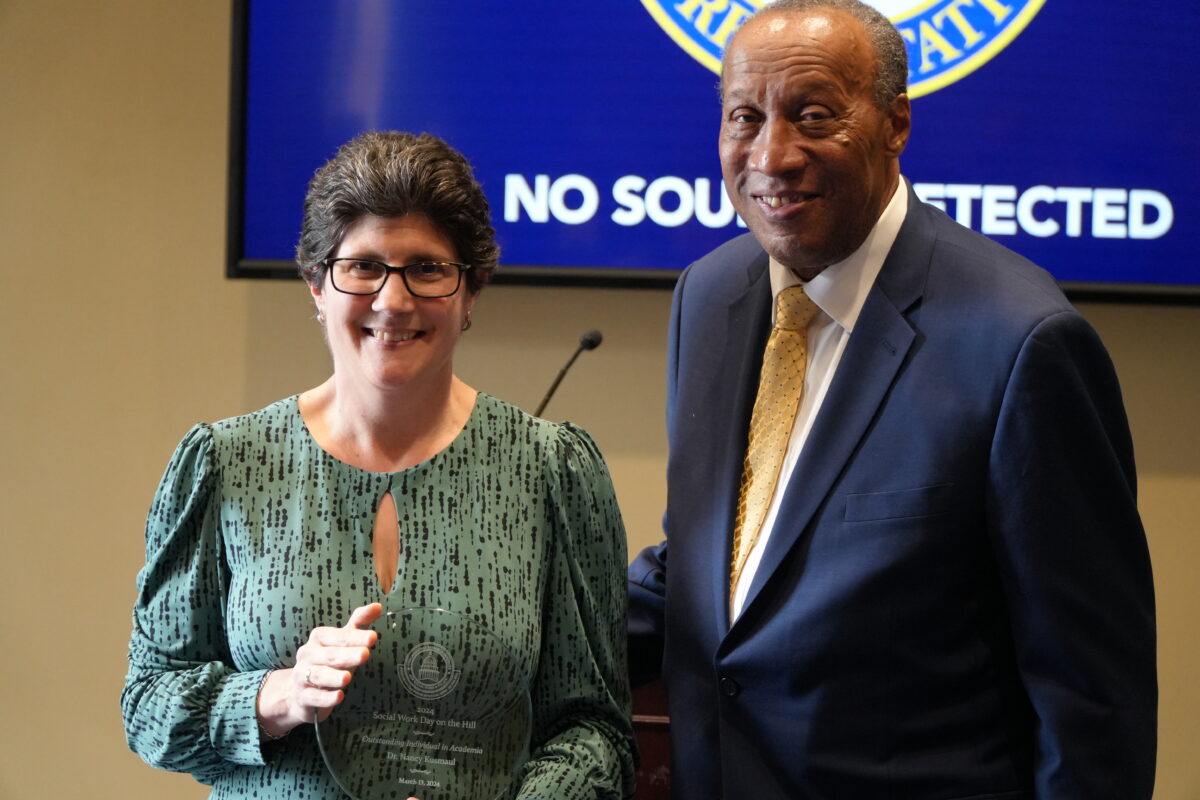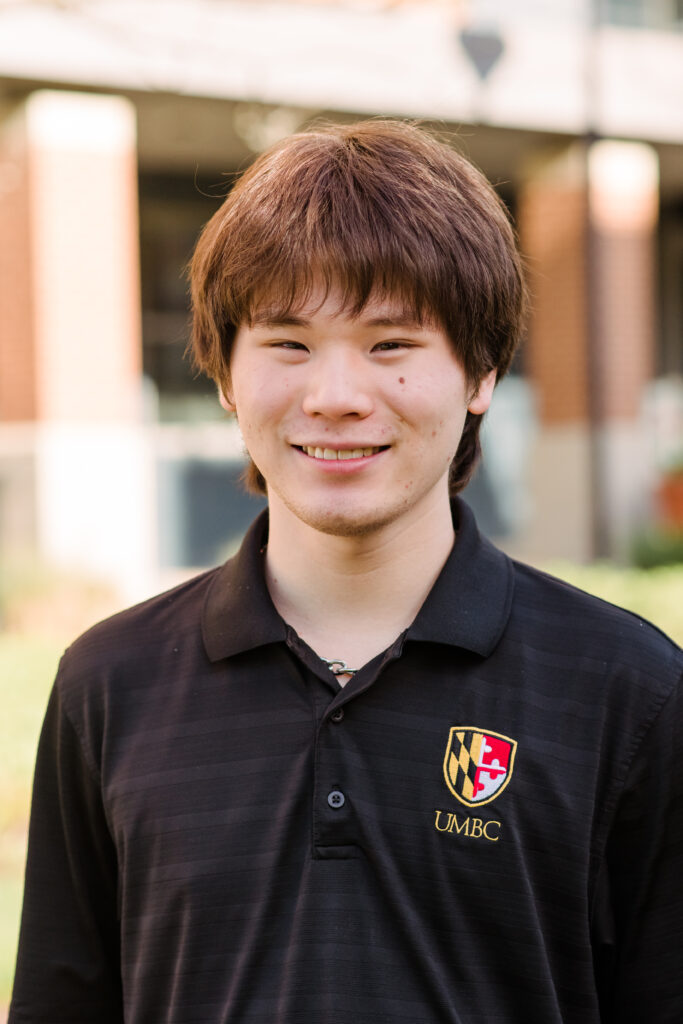Exploring the Ethics of Synthetic Life
The J. Craig Venter Institute recently announced the creation of the world’s first wholly synthetic bacterial genome. For better or worse, this achievement by the celebrated and controversial scientist and his team marked the beginning of human-designed life on Earth.
On April 2, the entire UMBC campus community and the public are invited to an interdisciplinary symposium, “The Ethical Implications of Synthetic Life.” A panel featuring top experts in bioethics, genomics and policy will discuss the social, political and moral implications of this rapidly growing technology with vast potential to be either friendly or a 21st-century Frankenstein.
The symposium was organized by Andrea Kalfoglou, assistant professor of sociology/anthropology in the health administration and policy program, who has studied reproductive and genetic ethics for nearly 20 years. Kalfoglou was already developing an ethics lecture series when she arrived at UMBC six months ago.
Then she met UMBC interdisciplinary studies major Laura Dress, who recently completed her capstone project on standardizing and regulating synthetic genomics. The two attended a lecture by Venter on his new autobiography and his latest commercial venture in synthetic genomics, which crystallized the symposium’s focus.
The panel features Kalfoglou’s friend and colleague Glenn McGee, author of New York Times best seller Beyond Genetics, and editor-in-chief of The American Journal of Bioethics, along with top experts from The Johns Hopkins University, MIT and the International Center for Technology Assessment.
Kalfoglou hopes the symposium is an opportunity for a broad cross section of the UMBC community to explore this important issue of synthetic genomics. She said, “For the moment, the promise is more hype than hope; however, genetic technology moves much faster than the regulatory process. Huge corporations like Dupont are investing heavily in synthetic genomics development, so it is coming whether we are ready for it or not.
“The advantages of synthetic genomics are open to the imagination,” said Kalfoglou. “We might be able to produce cheaper food, clean water and clean, cheap sources of fuel. But, like any new technology, this will develop within our social and economic system that is not always focused on using technology to the betterment of humanity.”
“There are issues of justice in terms of who will reap the benefits and whowill bear the burdens. There are also reasonable concerns that the technology could be used for nefarious purposes including bioterrorism, and, like many new technologies, there will be unanticipated consequences. For instance, we might create an organism capable of cleaning up oil spills, but those new organisms could have unexpected negative effects on the environment,” added Kalfoglou.
“The Ethical Implications of Synthetic Life” is free and open to the public. The event will be held at 4 p.m. on Wednesday, April 2 on the seventh floor of the Albin O. Kuhn Library, with a wine and cheese reception to follow. Signed copies of Beyond Genetics will be available for purchase. For more information, visit www.umbc.edu/synthlife.
(3/26/08)
© 2007-08 University of Maryland, Baltimore County 1000 Hilltop Circle, Baltimore, MD 21250 410-455-1000



